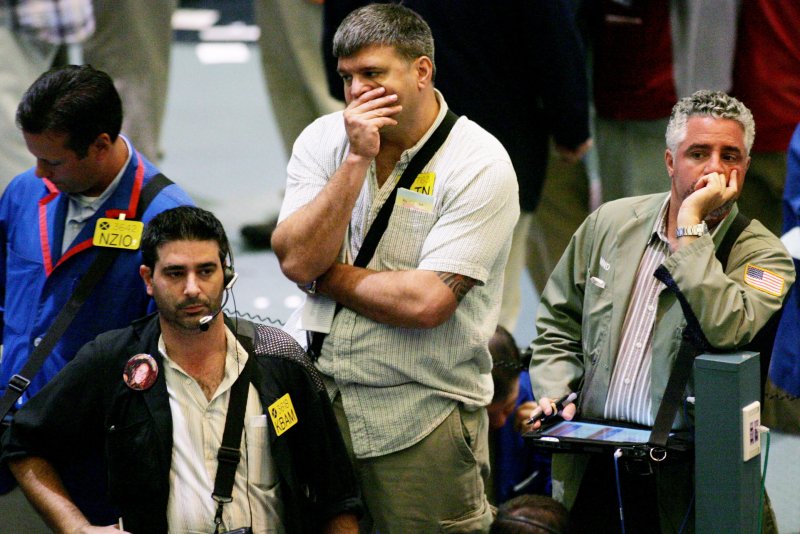Crude oil prices continue dramatic fall after last week's fractured conclusion to a meeting of OPEC ministers in Vienna. Brent started trading Monday on a trajectory toward the $40 per barrel mark. (UPI Photo/Monika Graff). |
License Photo
NEW YORK, Dec. 7 (UPI) -- The impacts of last week's fractured OPEC meeting in Vienna spilled over into Monday trading as crude oil prices started the day down more than 2 percent.
Ministers of the Organization of Petroleum Exporting Countries left Vienna last week with few concrete terms governing individual member production. The global economy improves modestly next year, though lower crude oil prices mean some producers outside the 13-member group are constrained, OPEC said.
"In view of the aforementioned, and emphasizing its commitment to ensuring a long-term stable and balanced oil market for both producers and consumers, the conference agreed that member countries should continue to closely monitor developments in the coming months," was all the group could manage as a concluding statement.
De facto leader Saudi Arabia has said production needed to remain healthy to meet expected demand from Asian economies. Iran, meanwhile, wanted more room to grow as sanctions pressures ease in the wake of July's nuclear arrangement with world powers.
Brent crude oil fell roughly 2.6 percent to start the trading day in New York at $41.90 per barrel. West Texas Intermediate, the U.S. benchmark price for crude oil, plumbed new bottoms with a 3.3 percent drop to $38.64 per barrel.
Crude oil prices are off about 4 percent for December and 36 percent lower for Brent than at this time last year.
For demand, the Chinese economy is slowing down, though its economic growth is outpacing most of its peers. The U.S. and European economies, meanwhile, are showing signs of slow, but steady, growth moving into 2016.
A cut in production from OPEC could've put significant positive pressure on crude oil prices and undermined any of the global economic growth that member states expected would translate into demand. OPEC ministers last week said the balance between supply and demand could level out at some point by the middle of next year.















